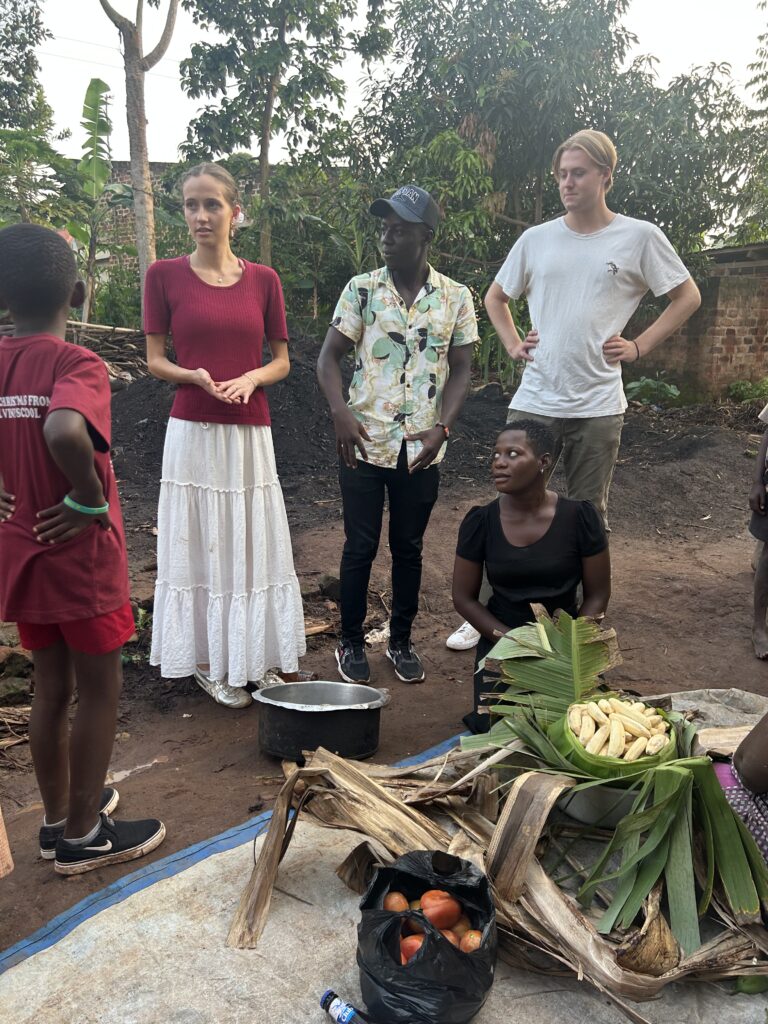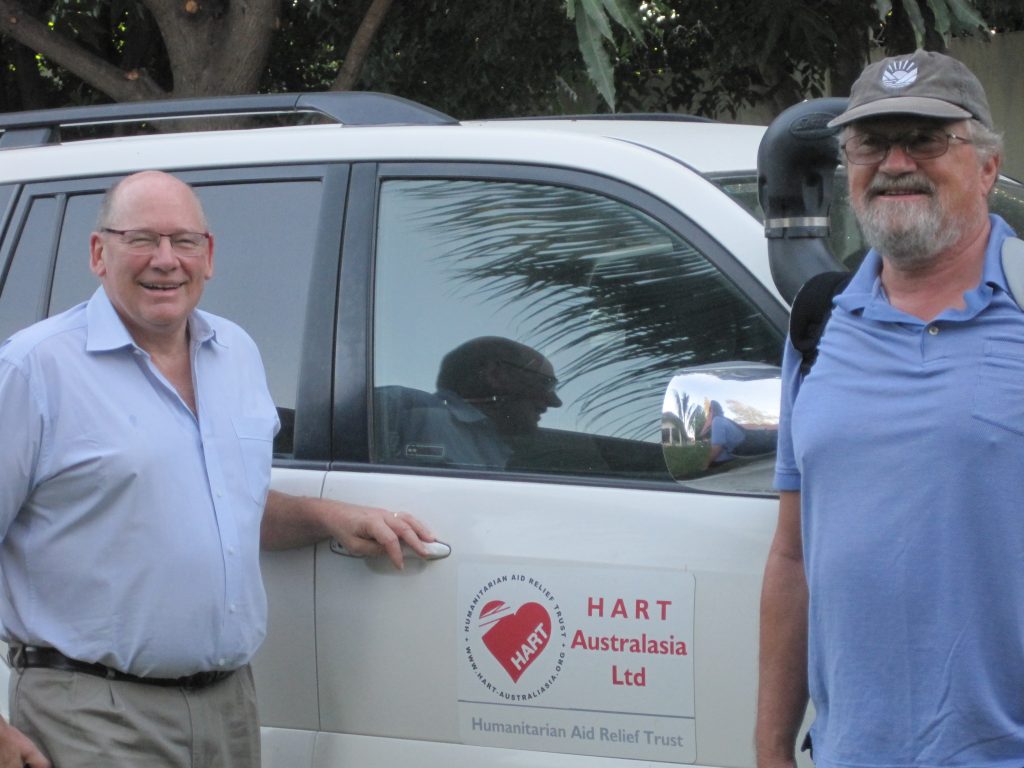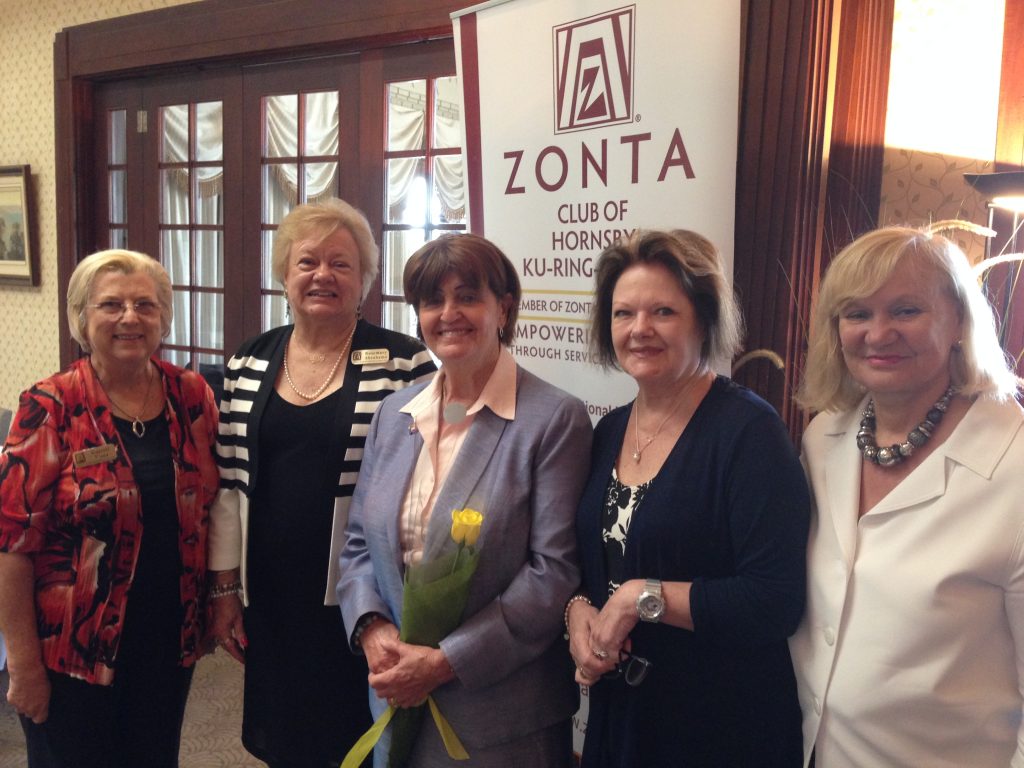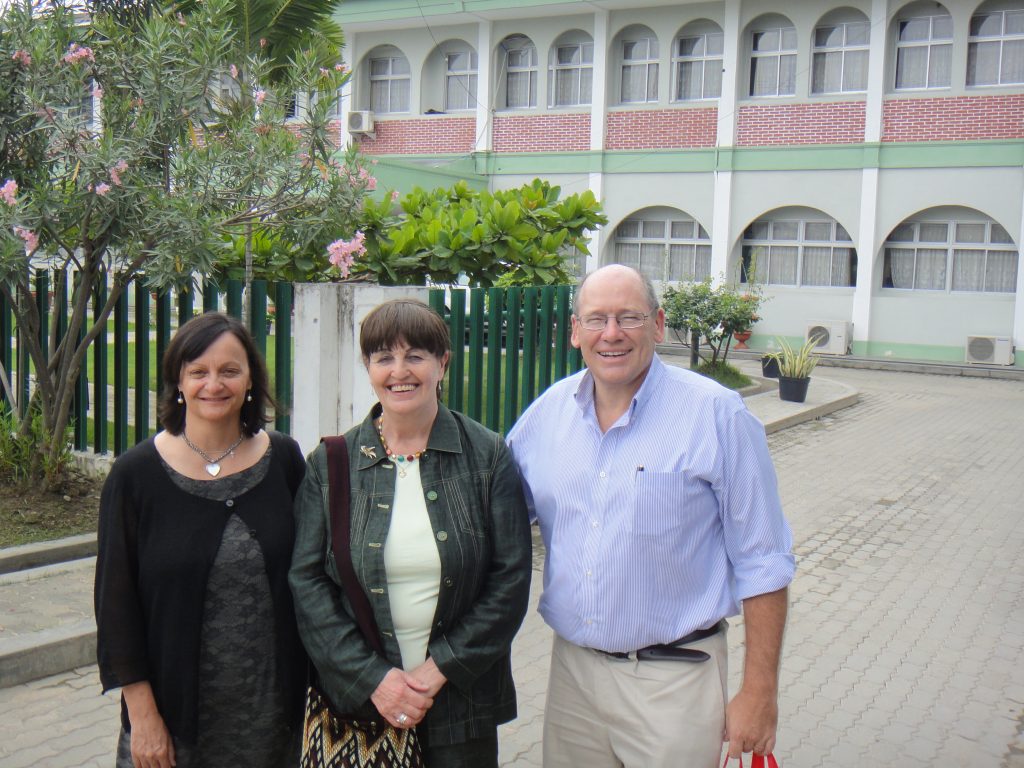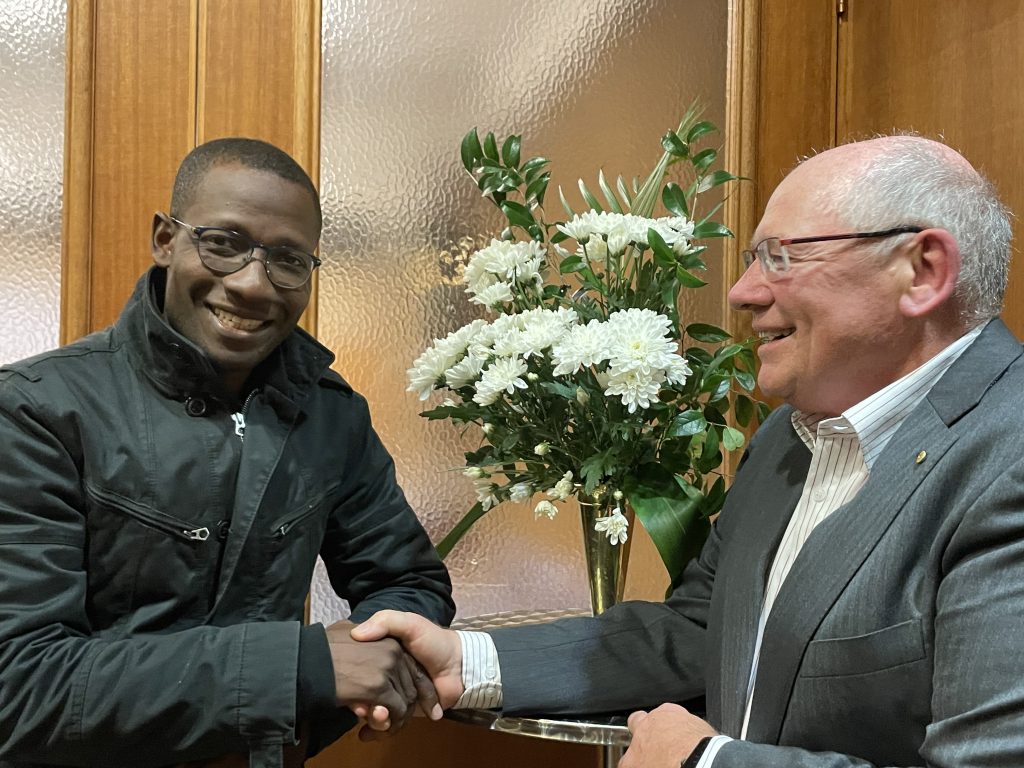We are distinctive in that we combine aid with advocacy, working for peoples suffering from oppression, exploitation and persecution who are generally not served by major aid organisations and are off the radar screen of international media
Caroline (Baroness) Cox
Welcome to our new website and to HART Australasia, part of the global HART family. We hope that the information on our website and the link to HART UK will enable you to understand who we are and our work in the world. We hope that you will be inspired to partner and join with us in our mission in seeing many people and groups helped through our aid and advocacy work on their behalf.
I got involved with HART by reading an inspiring biography of an outstanding humanitarian leader, Baroness Caroline Cox, and subsequently inviting her to Australia to speak about the work of the Humanitarian Aid Relief Trust. Baroness Cox is a remarkable individual with a world-wide network of friends and partners for whom she works passionately and tirelessly both in providing aid and in being an advocate for in the UK parliament.
Catching her vision for aid and advocacy brought HART Australasia into existence because we felt that this would be the best way to support and advance the work in our region. In 2009, we formed a registered charity (subsequently with tax-deductible status) to enable Australians to join with our friends in the UK to advance the mission and objects of HART. Since then, we have worked closely with partners in Timor Leste and Burma/Myanmar to raise much-needed funds especially in the areas of primary health care and women’s social welfare.
There is always so much more that needs to be done and ought to be done for those who suffer without a voice to the world. As Baroness Cox says, “we cannot do everything, but we must not do nothing!”

Roger Chilton
Chairman
The HART family works with communities in active conflict zones (such as in Burma, Nigeria, South Sudan and Sudan); post-conflict areas still devastated by war (such as Nagorno-Karabakh, northern Uganda and Timor Leste); or areas where people are marginalised, oppressed and exploited for cultural, political and economic reasons (such as the Dalits and Temple Prostitutes in India).
HART relies on first-hand evidence of human rights violations, using this as a basis for a powerful twin-track program of international advocacy in arenas such as the House of Lords, the Australian Parliament and the media, and targeted aid-work focusing on sustainable community development, local partnership and regional networks of support.
HART believes that in order to truly meet the needs and requirements of the persecuted, oppressed and overlooked; the direction and management of aid must primarily involve the local people it wishes to help. By working through local partners, we ensure that the support we provide maintains their dignity, meets the priorities of the communities themselves, avoids upsetting the local economy and celebrates their achievements.
HART Australasia focuses its attention and provides assistance within the Asia Pacific and Indian Ocean Rims as well as projects in Uganda.
Our vision
To empower and equip forgotten or marginalised people in the developing world overcome poverty and persecution.
Our mission
We work with in-country organisations which share our values and ethos, mostly in the Asia, Pacific and Indian Ocean Rims.
We help those deprived of basic humanitarian needs; suffering from oppression, exploitation and persecution or facing other formidable challenges and are largely neglected by others and the international media.
We bring to light hidden suffering among the unreached, unhelped and unheard; build local capacity to tackle adversity and provide the means to bring about sustainable change.
We provide advocacy; raise awareness and funds and other forms of support in Australia and offer assistance on a non-discriminatory basis.
Get in touch
“HART is not just ‘another aid organisation’. We are distinctive in that we combine aid with advocacy, working for peoples suffering from oppression, exploitation and persecution who are generally not served by major aid organisations and are off the radar screen of international media” Caroline (Baroness) Cox
